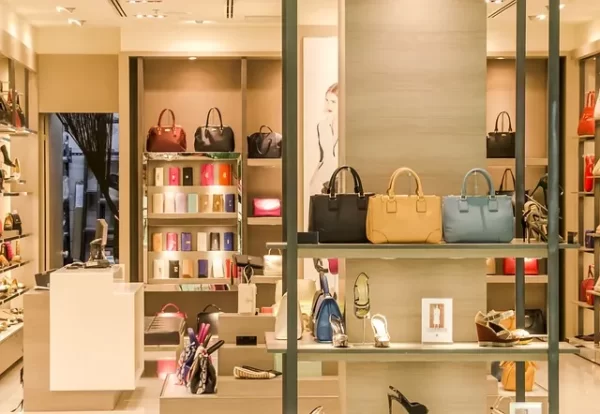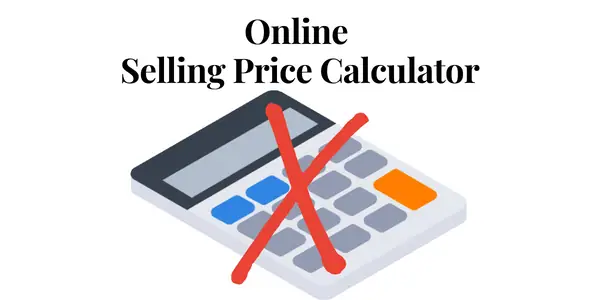Introduction.
The aim of this article is to explain what visual merchandising is, how it works, why it’s important for your retail store’s sales, and how you can implement the same in your own shop.
Visual merchandising is a very important and effective way of increasing sales in retail stores. It is also one of the most confusing topics for many new retail business owners. It is a branch of interior design that focuses on the arrangement and display of visual merchandise such as clothes, accessories, furnishings, etc. Visual merchandising can be described as the art and science of arranging products to create visual appeal or impact on customers.

What is Visual Merchandising?
Visual merchandising is the art and science of arranging products to create visual appeal or impact on customers. It is simple in theory but can be very challenging in practice. Visual merchandising goes beyond just the look of the store.
- It is about how products are displayed to make buying decisions.
- It is about creating a store environment that encourages customers to explore, touch and purchase.
- It’s about creating a store that is enticing and engaging.
- It’s about setting up a space where customers feel comfortable exploring and touching products.
- It’s about taking the simplicity of a well-stocked store and making it look like a shop where customers could spend hours exploring and dreaming.
It should be the center of attention in your retail store. The visual merchandising of your retail store is what will attract customers and make them want to come back and buy from you again.
How Visual Merchandising Works?
Visual merchandising is a very broad term for the strategy of arranging products in a store to create an appealing environment. It can include the arrangement of displays, fixtures, furniture, advertising, signage, etc. How it works can be explained through below mentioned questions.
- If a person walks into your store, what does their first impression of your business look like?
- If you walk into a clothing store, what are the first three things you notice?
- What do you think they are?
They are the colors of the walls, the flooring, and the ceiling. They are the colors of the clothing items on the racks, the colors of the signs, the colors of the fixtures, and the colors of the furniture.
Note: Visual merchandising has become increasingly important in retail stores because of the rise in e-commerce. People are shopping less frequently and instead of making brick-and-mortar trips, they will search for products across different websites. Consumers need to be able to find what they are looking for easily within the visual layout of your store.
Visual merchandising also works well with other retail strategies such as customer service, brand selling, and product assortment. There is no one-size-fits-all approach when it comes to visual merchandising, but it’s helpful to have some general principles so you know where you stand as a retail business.
Benefits of Visual Merchandising in Retail Stores
As the popularity of e-commerce has created a market that is more open to in-store experiences, customers are more likely to visit a brick-and-mortar store if they have been specifically told that the products are for sale there versus online. They like to see and feel the products and prefer touching them over just reading about them.
The internal and external visual look such as color, texture, showcase pattern, and design of the store works as positive stimuli, this works as an important element in creating an immersive experience for shoppers and eventually more walk-ins.
Conclusion
Visual merchandising is a crucial part of any retail business and should be done right to increase sales. Visual merchandising is all about how products are arranged in a store to create an appealing environment for customers. This can include the arrangement of displays, fixtures, furniture, advertising, signage, and more.
Visual merchandising is critical to making your business successful. Customers want to see and touch products, which is more likely to encourage them to purchase from you than online. With the rise of online shopping, the importance of visual merchandising has increased. People are less likely to visit physical stores but are still interested in buying products. E-commerce has also changed the ways that customers approach buying clothes.
Keeping your store visually appealing and appealing to customers’ senses is important to keep them in your store and encourage them to purchase.





